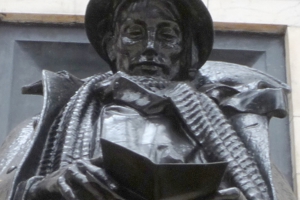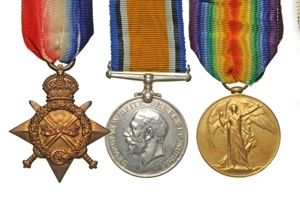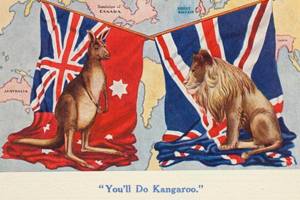After the War
What did the soldiers do when they got back home?
We tend to think of soldiers who came back from the war as victims. Historian Martin Purdy disagrees. The experiences they had been through made them want to improve the world, setting up the health service, building democratic rights and much more.
Martin Purdy talks about how the returning soldiers were inspired to change their world for the better.
Turkish children after the war
Recent research has shown up a sad outcome – the effect on the next generation of Turkish children growing up in communities without fathers, uncles and brothers. Children had to step into their shoes, labouring in the fields, forgoing education and suffering from deprivation and even malnutrition. Listen to a short radio broadcast about this here.
-
This page includes a selection of examples of how schools have recognised and commemorated soldiers who were killed or wounded at Gallipoli. Many of our projects have involved remembrance in one form or another – see for example eulogies read at gravesides or local remembrance events. Search ‘Remembrance’ at the top of the page for more exampl...
-
War veterans wear their medals to remember their experiences and to honour those who died. The picture below show Sir James Dunbar-Nasmith, son of Lt. Cdr. Martin Nasmith, RN, who won the VC in command of HM submarine E11 for three patrols through the Dardanelles in the course of which he sank 97 Turkish ships, blew up a railway viaduct and ha...
-
What was the legacy of Gallipoli? Would the world have been a different place today if it had never happened? Here, historian Sir Hew Strachan describes how the Ottoman Empire changed, and wonders what might have happened if the Allies had managed to break through the Dardanelles and link up with Russia. Did Gallipoli change the course of the F...



